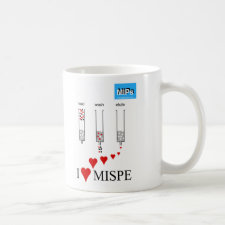
Authors: Asanuma H, Hishiya T, Komiyama M
Article Title: Efficient separation of hydrophobic molecules by molecularly imprinted cyclodextrin polymers.
Publication date: 2004
Journal: Journal of Inclusion Phenomena and Macrocyclic Chemistry
Volume: 50
Issue: (1-2)
Page numbers: 51-55.
DOI: 10.1007/s10847-003-8838-4
Abstract: Cyclodextrins were cross-linked with toluene 2,4-diisocyanate in dimethyl sufoxide in the presence of hydrophobic biomolecules as templates, and the imprinted polymers were applied to the stationary phases of high performance liquid chromatography. Molecular imprinting efficiently promoted the binding-affinity and substrate-selectivity towards the template molecule, compared with the control polymers prepared in their absence. When cholesterol ( template molecule) was complexed with cyclodextrins prior to the polymerization, for example, the imprinted polymer retained cholesterol more strongly than other steroids. Upon the polymerization without a template molecule, the binding towards steroids was much weaker. Besides steroids, imprinting was effective for various hydrophobic and rigid template molecules. Since binding of the guest molecule was based on inclusion complex formation with cyclodextrins, separation could be achieved in the solvents containing water. These polymeric receptors are also applicable to selective recognition of biologically important molecules or removal of toxic molecules from aqueous media. Thus, imprinting of cyclodextrins is useful for the preparation of synthetic tailor-made receptors for various kinds of hydrophobic guest molecules



Join the Society for Molecular Imprinting

New items RSS feed
Sign-up for e-mail updates:
Choose between receiving an occasional newsletter or more frequent e-mail alerts.
Click here to go to the sign-up page.
Is your name elemental or peptidic? Enter your name and find out by clicking either of the buttons below!
Other products you may like:
 MIPdatabase
MIPdatabase









